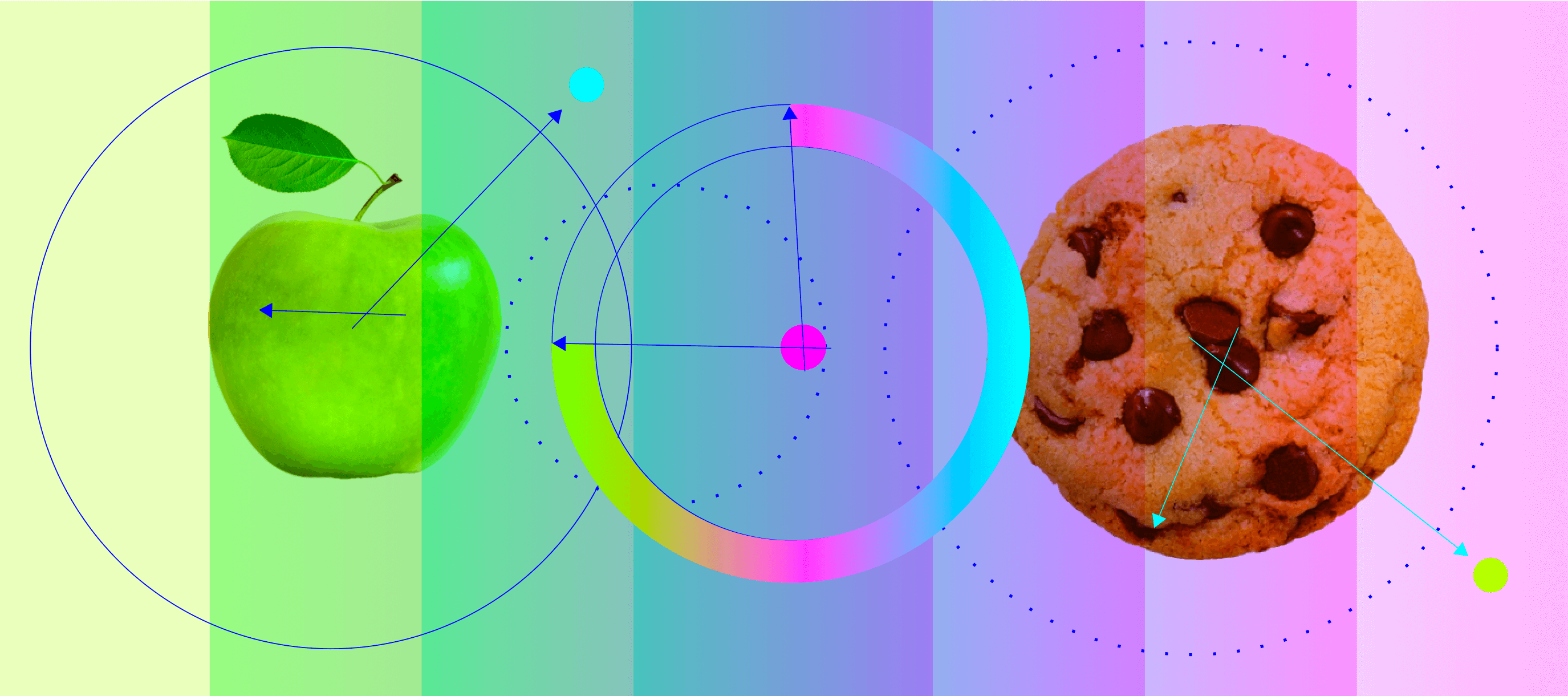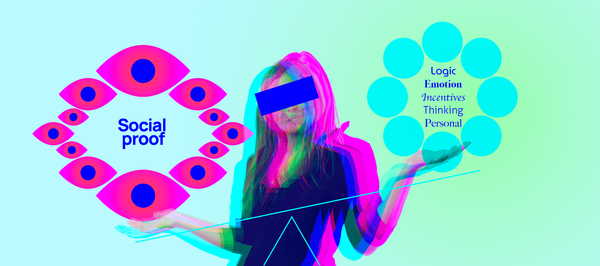We make our kids, and ourselves, eat dinner before dessert. What if we did both at the same time?
Thank you to Maritz for donating this content.
OK, perhaps asparagus and cookies casserole doesn’t sound appetizing. But it turns out combining things we want to do with things we have to do can be a powerful trick to forming new, healthy habits.
The idea is called "temptation bundling," a term invented by Wharton School professor Katherine L. Milkman. A former college athlete (Editor’s note: Go Tigers!), she was having trouble maintaining her exercise routine after graduation and came up with a plan – she gave herself permission to binge watch her favorite shows only while working out. Her scheme was a success and, soon, a research project was born: "Holding the Hunger Games Hostage at the Gym: An Evaluation of Temptation Bundling."
In the study, some subjects were told them could listen to fun audiobooks only while exercising. That group was 51% more likely to get to the gym than a control group, at least in the short term. The experiment worked so well that test-takers were sold on the idea – fully 61% of participants said they would pay for gym-only iPod access.
Soon, a cottage industry of temptation bundling stories on fitness and management websites was born. There's the story of Ronan Byrne, an electrical engineer in Ireland, who hacked his exercise bike so he could stream Netflix only while pedaling at a fast pace. (He called the new machine “Cycflix.”) Over at NerdFitness, Steve Kamb wrote that he lets himself play videogames only while he is standing or doing squats. Some bundlers let themselves indulge in expensive scotch only while folding laundry or doing other housework. Then there's the common suggestion of scheduling difficult conversations with employees or a spouse at a favorite restaurant. That sounds a bit like cookies and asparagus to me, but whatever works. (Editor’s note: If that difficult conversation is, “I’m breaking up with you,” please don’t order the most expensive item … Elizabeth. Yeah, my memory goes back two decades.)
Temptation bundling provides a clever guardrail against instant gratification.
Temptation bundling works by challenging our notion of rewards. You've probably promised yourself a cookie or ice cream as a reward for writing a difficult memo, or treated yourself to a hamburger after exercise or watched your favorite TV show after cleaning the bathroom. Problem is, there is great emotional and mental gravity towards skipping the low-desire activity and heading right for the freezer or TV. That temptation – the dreaded instant gratification – is obviously a recipe for failure. Even worse: many people actually gain weight when they begin an exercise program precisely because they over-reward and under-work themselves. That's sometimes called progress bias – we exaggerate the extent of our progress in our minds, and under-count our slip-ups. So we burn off 300 calories during a workout, then eat a 700-calorie reward.

Temptation bundling provides a clever guardrail against instant gratification. If you can't watch the movie unless you are at the gym, there’s a good chance you’ll do both rather than neither. It’s a subtle but important shift from what has come to be known as Premack’s Principle: high desire activities can be used to reinforce or encourage low desire activities. Premack’s is sometimes called “grandma’s rule,” or the “first and then” rule; it’s been a staple of teaching – and vegetable eating – for as long as stubborn children have been around.
It’s easy to confuse temptation bundling with Premack’s Principle, but the key difference is the simultaneous nature of the structure – the cookies and the vegetables together. Instead of “first and then,” it’s “both.”
Milkman’s commitment device is far less punitive, and far more fun.
It might be better to think of temptation bundling as a new kind of “commitment device.” Those tend to be negative, however – you make a pledge to stop eating junk food, and if you do eat junk food, you have to donate money to a charity.
Milkman’s commitment device is far less punitive, and far more fun. As of this writing, it’s too early to know if it’s far more effective, but with a little creativity there are plenty of opportunities to try temptation bundling at the office. Are there mundane-but-necessary-tasks your staff could during *during* Friday afternoon beer and chips? Maybe Wednesday beer and chips would be better. Instead of coffee breaks during the day, how about longer breaks, but only for those on an exer-cycle? What about email inbox cleanup during free pedicures? The list of tasks that can be paired is only limited by the number of most dreaded tasks that your staff faces. And if you’re reluctant to come up with that list of dreaded work tasks, maybe work on it while eating ice cream yourself.






